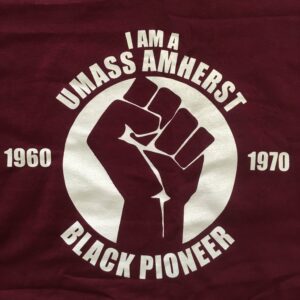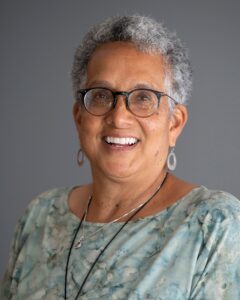Sidney Topol Papers
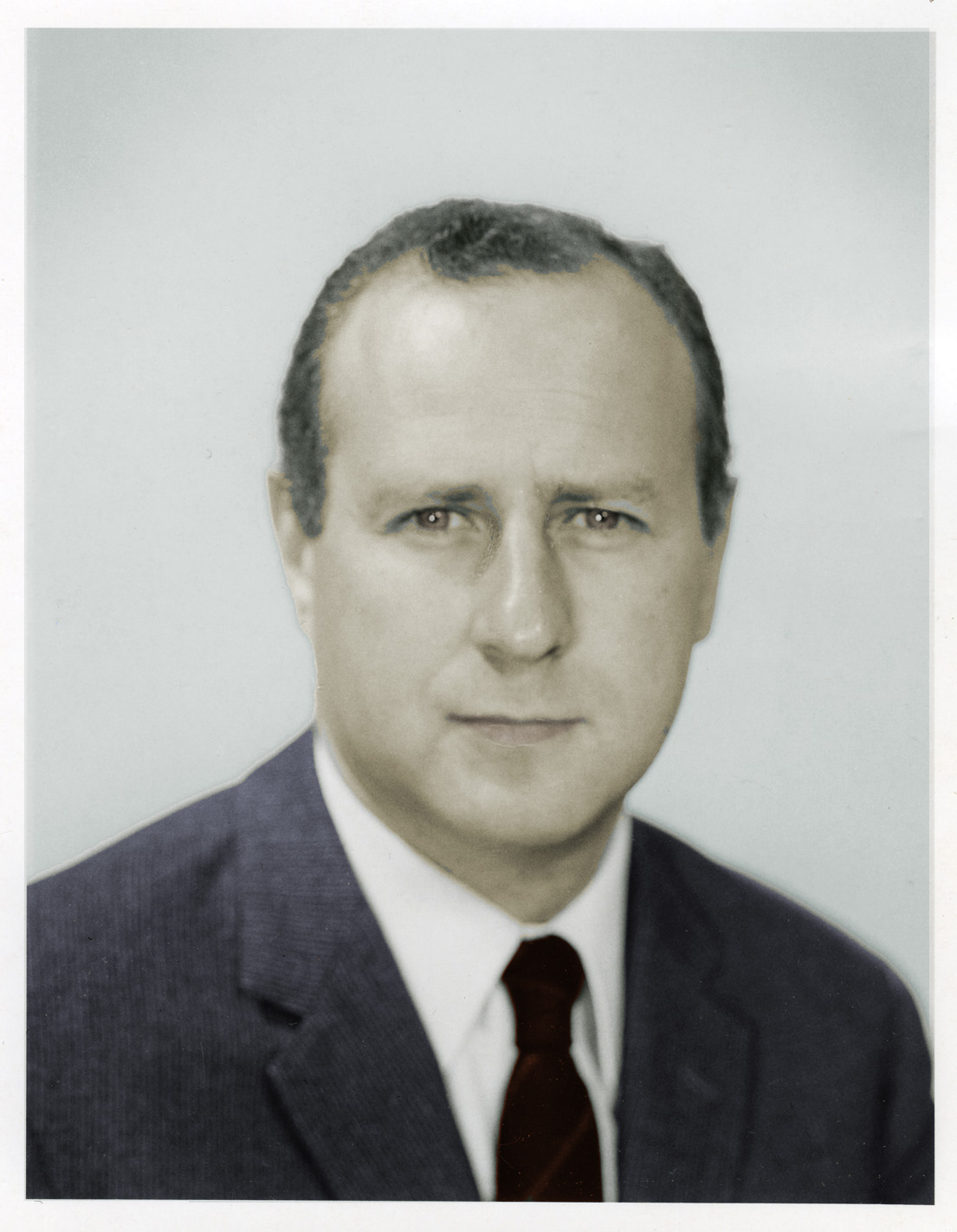
Temporarily stored offsite; contact SCUA to request materials from this collection.
An innovator and entrepreneur, Sidney Topol was a contributor to several key developments in the telecommunications industries in the latter half of the twentieth century. A graduate of the University of Massachusetts (1947) and an engineer and executive at Raytheon and later Scientific-Atlanta, Topol’s expertise in microwave systems led to the development of the first effective portable television relay links, allowing broadcasts from even remote areas, and his foray into satellite technologies in the 1960s provided the foundation for building the emerging cable television industry, permitting the transmission of transoceanic television broadcasts. Since retiring in the early 1990s, Topol has been engaged in philanthropic work, contributing to the educational and cultural life in Boston and Atlanta.
The product of a pioneer in the telecommunications and satellite industries and philanthropist, this collection contains a rich body of correspondence and speeches, engineering notebooks, reports, product brochures, and photographs documenting Sidney Topol’s forty year career as an engineer and executive. The collection offers a valuable record of Topol’s role in the growth of both corporations, augmented by a suite of materials stemming from Topol’s tenure as Chair of the Electronic Industries Association Advanced Television Committee (ATV) in the 1980s and his service as Co-Chair of a major conference on Competitiveness held by the Carter Center in 1988.


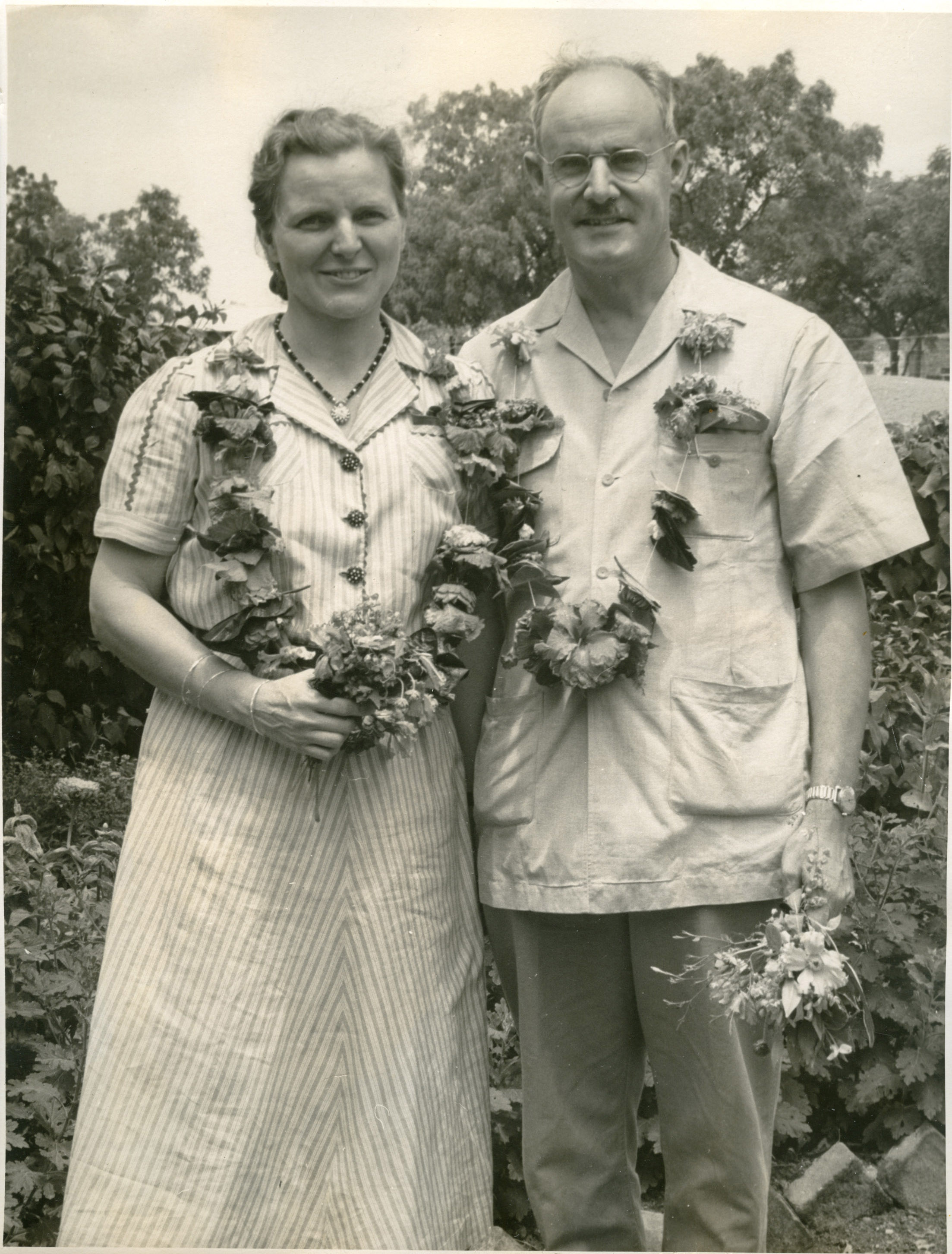
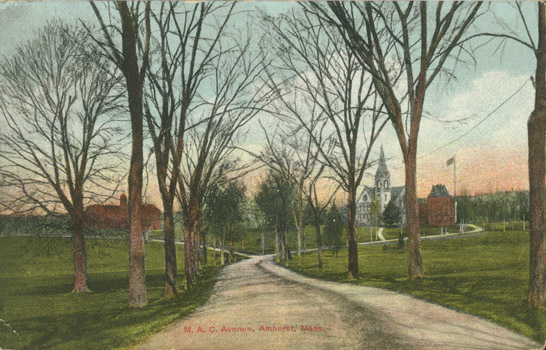
 View:
View: 